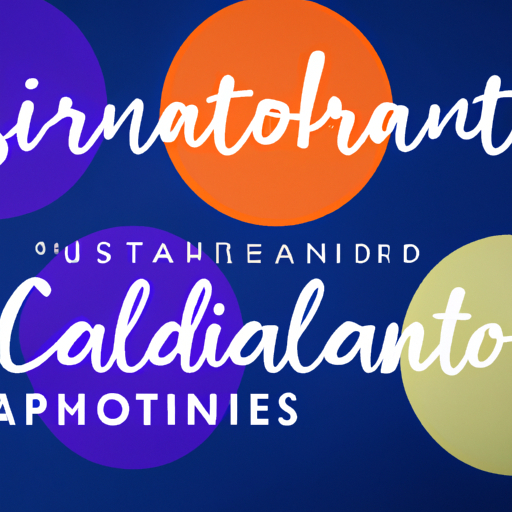The hybrid work model has become the standard for many organizations worldwide, merging the efficiency of in-office collaboration with the flexibility of remote work. To facilitate this transition, companies are turning to a variety of collaboration tools designed specifically to enhance communication and productivity across distributed teams. Here are some of the top collaboration tools for hybrid work in 2023.
1. Microsoft Teams
Microsoft Teams offers an all-in-one solution for team collaboration, integrating video conferencing, chat, file sharing, and project management features. Its seamless integration with other Microsoft 365 applications makes it a popular choice for organizations already using the Microsoft ecosystem.
2. Slack
Slack remains a favorite for team communication, allowing users to create channels for different projects, share files, and integrate with numerous third-party applications. Its user-friendly interface and extensive customization options make it ideal for both remote and in-office teams.
3. Zoom
As a leader in video conferencing, Zoom has expanded its capabilities to include webinars, virtual events, and collaboration features. Its ability to host large meetings with reliable video quality makes it an essential tool for hybrid workplaces needing to connect team members regardless of location.
4. Asana
Asana serves as a project management platform that enables teams to organize tasks, set deadlines, and track progress. With features such as task assignments, timelines, and dashboards, Asana helps ensure that all team members are aligned and informed, promoting productivity in a hybrid setup.
5. Google Workspace
Google Workspace combines Gmail, Google Docs, Google Sheets, and Google Meet to deliver a cohesive collaborative experience. Its real-time editing features make it particularly powerful for hybrid teams, allowing users to work simultaneously regardless of where they are located.
Conclusion
Choosing the right collaboration tools is crucial for maximizing productivity in a hybrid work environment. By leveraging solutions like Microsoft Teams, Slack, Zoom, Asana, and Google Workspace, organizations can create a seamless workflow that accommodates both in-office and remote employees. As we continue into 2023, investing in the right collaboration technology will help teams stay connected and engaged, ensuring success in the evolving work landscape.




